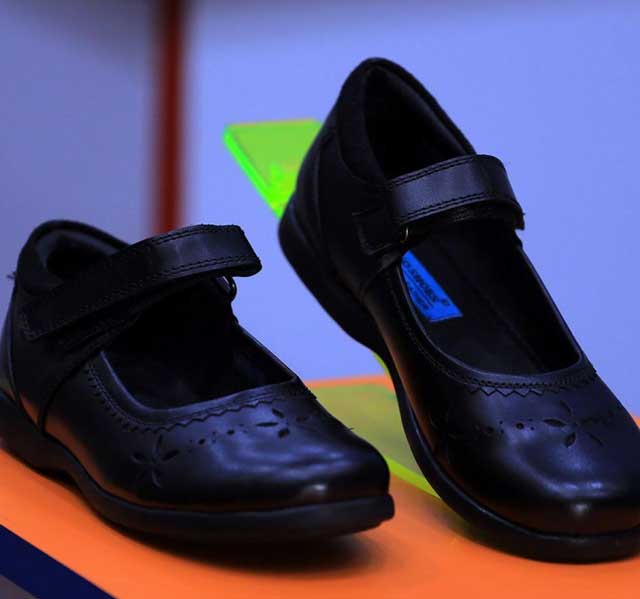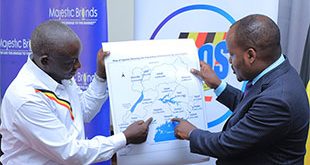
Kampala, Uganda | THE INDEPENDENT | Ugandans and foreigners investing in factories to make tyres, shoes, mattresses, and toothpaste will be exempted from paying income tax retrospectively starting July 2019. This is contained in the income tax (amendment) bill 2020. The amendment expands the list of businesses that enjoy this incentive from that of 2018.
Audit firm PricewaterhouseCoopers (PWC) said in its analysis that “the tax exemption applies to the income of businesses whose investment capital over a period of at least ten years from the date of commencement of business is at least USD 10m for a foreigner or USD 1m for the case of a citizen.”
Previously, only those processing agricultural goods, manufacturing or assembling medical appliances, building materials, automobiles, and household appliances enjoyed the waiver.
Others are those in the manufacture of furniture, vocational or technical institutes, logistics and warehousing, information technology, or commercial farming.’ All these businesses, according to the Act, should, subject to availability, use at least 50 per cent of locally sourced raw materials and employ at least 100 citizens.
Tyres, footwear and mattresses enjoy growing demand and it is strategic that a lot be produced here. For instance, the total market size in Uganda for leather shoes is 15 million pairs per year and for synthetic shoes another 10 million pairs yet less than 4 million pairs of shoes are produced in Uganda, according to the Uganda Investment Authority.
The tax incentive is expected to boost investment in the country, with manufacturers assumed by retaining all their income, they are able to expand by reinvesting.
Even then, tax waivers are a thorny issue in Uganda, with activists saying Uganda should refuse in its generosity dissing incentives. Former Uganda Revenue Authority (URA) boss Doris Akol said early this year that tax incentives needed to be studied to see if they indeed were achieving their intended purposes.
********
URN
 The Independent Uganda: You get the Truth we Pay the Price
The Independent Uganda: You get the Truth we Pay the Price



